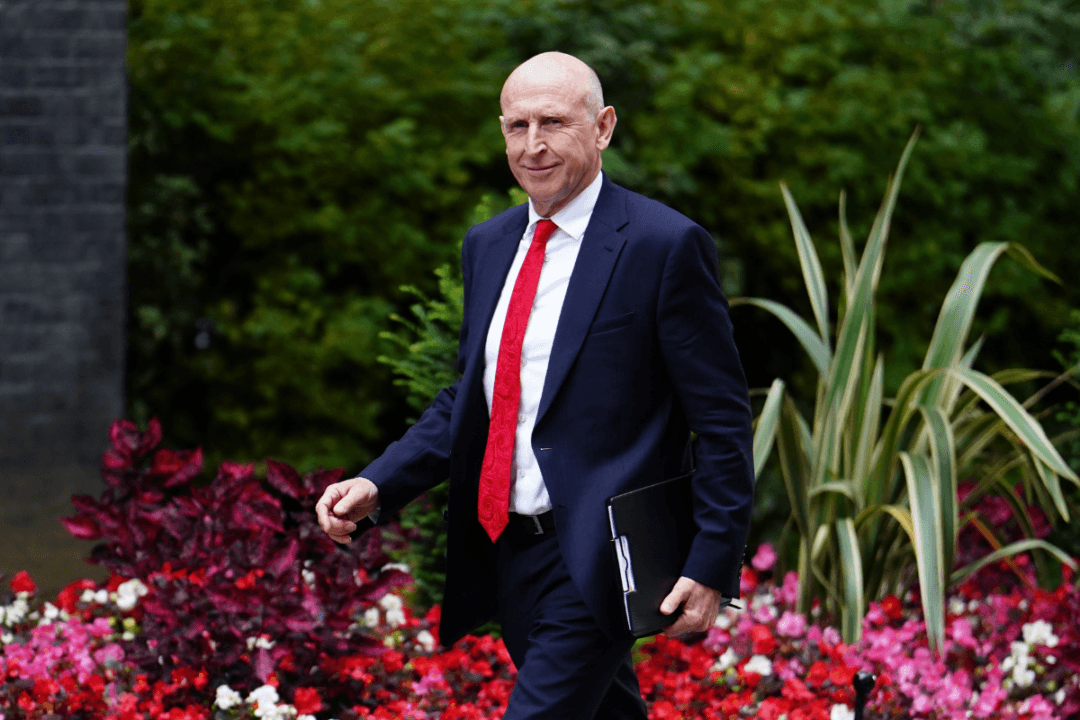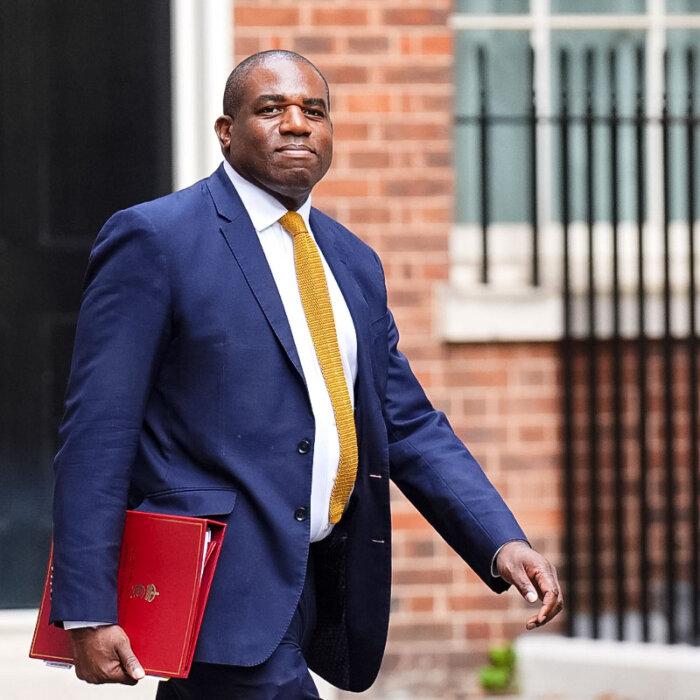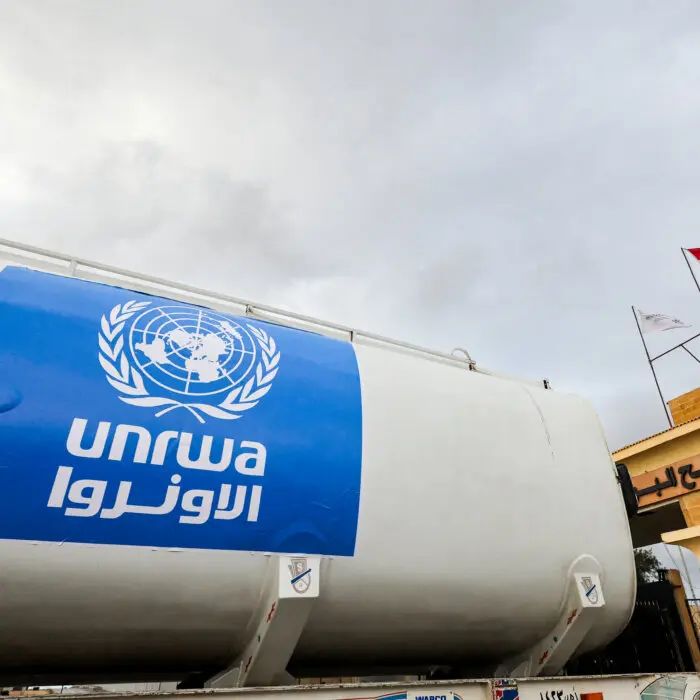The defence secretary has said the UK’s commitment to Israel’s self-defence was “unshakeable,” after the suspension of some arms exports to the Jewish state.
On Monday, the government suspended around 30 of approximately 350 licences over what Foreign Secretary David Lammy said were concerns that they would be used in violation of international humanitarian law in the Israel-Hamas war in the Gaza Strip.
Defence Secretary John Healey defended the government’s decision, saying the limited arms suspension “will not have a material impact on Israel’s security.”
Healey told Times Radio on Tuesday that the UK has “a duty to follow the law, but this does not alter our unshakable commitment to support Israel’s right to self-defence and to the defence of Israel if it comes under direct attack again,” recalling when in April British jets helped intercept Iranian drones and missiles that were targeted at Israeli civilians.
The minister said he had informed Israel’s Defence Minister Yoav Gallant before the announcement was made, admitting that his counterpart “found the call unwelcome.”
Gallant had said he was “deeply disheartened” by the announcement, criticising the timing.
‘Abandoning Israel’
The UK’s Chief Rabbi Sir Ephraim Mirvis said that the decision “beggars belief” at a time when Israel is “fighting a war for its very survival” and following the murder of the hostages.Mirvis said: “As Israel faces down the threat of Iran and its proxies, not just to its own people, but to all of us in the democratic west; this announcement feeds the falsehood that Israel is in breach of international humanitarian law, when in fact it is going to extraordinary lengths to uphold it.
“Sadly, this announcement will serve to encourage our shared enemies.”
Israel’s Foreign Minister Israel Katz said the decision “sends a very problematic message to the Hamas terrorist organisation and its backers in Iran.”
International Law
The Foreign, Commonwealth, and Development Office said in a statement on Monday that licences would be suspended for items currently being used in the war with Hamas, including important components going into military aircraft, like fighter jets, helicopters, drones, and other parts used to facilitate ground targeting.Announcing the bans, Lammy told the House of Commons that it was the government’s legal duty to review export licences and that the assessment he had received “leaves me unable to conclude anything other than that for certain UK arms exports to Israel there does exist a clear risk that they might be used to commit or facilitate a serious violation of international humanitarian law.”
“There is no equivalence between Hamas terrorists and Israel’s democratic government—or indeed, Iran and their partners and proxies. But to licence arms exports to Israel, we must assess their compliance with international humanitarian law, notwithstanding the abhorrence of their opponents’ tactics and ideology,” Lammy said.
Factors also included in the decision was the “insufficient” humanitarian aid to Palestinians in the Gaza Strip and reports of mistreatment of detainees.
Lammy said the partial ban is not an embargo, with the majority of the other 350 exports still permitted.
Shadow foreign minister Andrew Mitchell said that announcing the restrictions after the hostage killings and within weeks of the UK’s support in defending Israel from Iranian attack “is not easy to swallow.”







